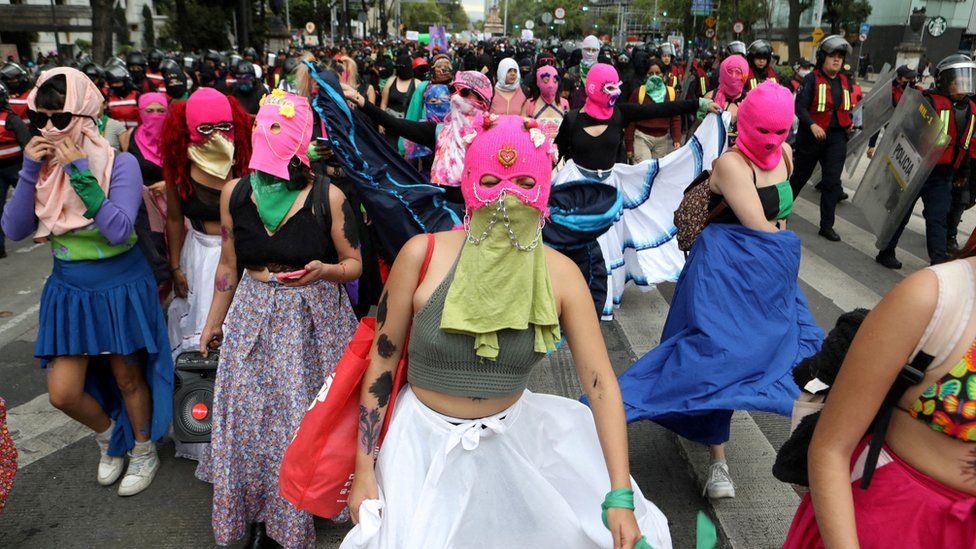Abortion, International Politics
Mexico’s Supreme Court decriminalizes abortion in woke activist ruling
In 2020, Mexico’s Supreme Court rejected the decriminalization of abortion by a wide margin, voting against it four to one. In a surprise ruling in September 2021, the judges voted unanimously to declare unconstitutional a law in Coahuila, a state in the north, that imposed jail time on doctors performing abortion, a ruling that applied across Mexico. Chief Justice Arturo Zaldívar declared at the time that: “Here ends the unjust criminalization of women.”
Despite that, outright bans were still on the books in nearly all of Mexico’s 32 states, most with narrow exceptions for rape, deformity, or the mother’s health. Mexico City legalized abortion on demand in the first three months in 2007; three other Mexican states followed in 2019. That trend has continued, with twelve states having decriminalized abortion in total.
On Wednesday, September 6, Mexico’s Supreme Court passed down their version of Roe v. Wade, voting to void abortion laws across the country and decriminalize abortion in Mexico. According to the Court, “the penalization of abortion under the Federal Criminal Code is unconstitutional, since it violates the human rights of women and people with the capacity to gestate.”
The inclusion of the phrase “people with the capacity to gestate” — woke-speak for women who identify as men — is an indication of how left-wing the Court has become, and how out of step with the Mexican population the judicial elites now are.
The Court has ordered that abortion be removed from the federal penal code entirely, and an abortion group — the Information Group for Chosen Reproduction (GIRE) — has already stated that the ruling means that abortion must be offered by “the federal public health service and any federal health institution” to “anyone who requests it.” The process will be more complicated than that. Mexico’s two congressional chambers will need to pass a law to remove abortion from the penal code, which will take time.
Indeed, Marcial Padilla, director of the pro-life platform ConParticipación, gave a cautious response, telling the Catholic News Agency that this ruling “does not directly alter the Federal Penal Code, since this would have to be done by senators and representatives. As citizens we must ensure that this changes and that the only just and reasonable thing is to protect the mother and child equally.”
Polls have consistently revealed that a strong majority of Mexicans are pro-life and oppose abortion — and the pro-life movement will be sure to respond to yet another example of naked judicial activism.
“It was Mexico’s Roe v. Wade,” Luis Martínez, Human Life International’s representative at the Organization of American States, told OSV News. “The Supreme Court established general criteria of unconstitutionality and with (that) in any state of the republic, even if the constitution was pro-life, abortions could be done, but after (the woman) filed and won an amparo [legal injunction]. Normally, the Supreme Court has shaped abortion policy through rulings on the constitutionality of the laws regulating abortion or jurisprudence. In Aguascalientes, it was through an amparo.”
This, said Martínez, has proved problematic for pro-life organizations because court decisions simply circumvent and subvert grassroots political organization even where pro-life polices are passed. “I see a very complicated situation here in Mexico,” he observed. “The only way to reverse the situation would be explicitly putting the right to life from conception in the constitution.”
The pro-life movement’s first step will be to oppose the removal of abortion from the penal code, which will at least delay the nationwide availability of abortion on demand. Back in May, more than 25,000 turned up for the March for Life in Mexico City, calling for an end to abortion. Sadly, it now appears that their work is just beginning.








